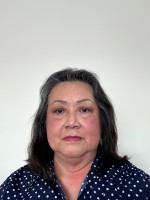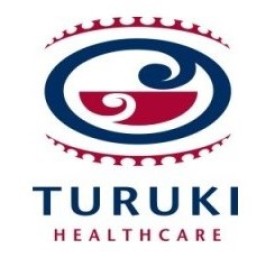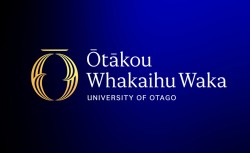The Problem
At present there is no standard to both guide antibiotic prescribing and measure the appropriateness of treatment. While we know there are marked inequities in the rates of infections for Māori and Pacific peoples in Aotearoa, very little is known about the inequities in infection treatment.

Our Solution
We plan to develop a national antibiotic guideline in Aotearoa that sets out the optimal treatment of infections.
We will also develop innovative systems that automatically monitor antibiotic prescribing together with the reasons for prescribing antibiotics, and information about the populations for whom antibiotics were prescribed.
Using our new guideline and monitoring system, we will then determine the appropriateness of antibiotic prescribing for important infectious diseases in Aotearoa (e.g. sore throats, skin infections, meningitis), with particular attention to prescribing for Māori, Pacific peoples and other population groups who bear a disproportionate burden of infectious disease in Aotearoa.
Finally, we will work collaboratively with Māori health providers, and with hospital and community-based clinicians to determine how best to provide prescriber feedback about antibiotic prescribing and will assess the impact of feedback on prescribing practice. Our partnership with Te Niwha will provide the foundation for improving antibiotic use in Aotearoa. Improving antibiotic use via antimicrobial stewardship efforts in Aotearoa is critical to reducing the threat of antibiotic resistance, reducing harm, enhancing equitable care, and improving patient outcomes.
PROJECT DURATION 2023 - 2026
Research Location
Auckland, Christchurch, Wellington, Dunedin
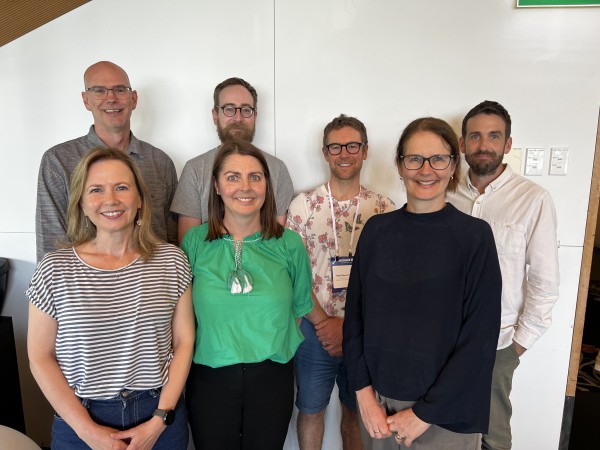 L-R (back row): Dr Stephen Ritchie, Eamon Duffy, Dr Max Bloomfield, Dr Tom Hills
L-R (back row): Dr Stephen Ritchie, Eamon Duffy, Dr Max Bloomfield, Dr Tom Hills
L-R (front row): Dr Sharon Gardiner, Dr Sarah Metcalf, Dr Emma Best
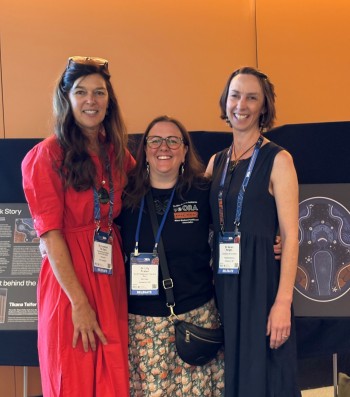 L-R: Leanne Te Karu, Dr Lily Fraser, Dr Karen Wright
L-R: Leanne Te Karu, Dr Lily Fraser, Dr Karen Wright












